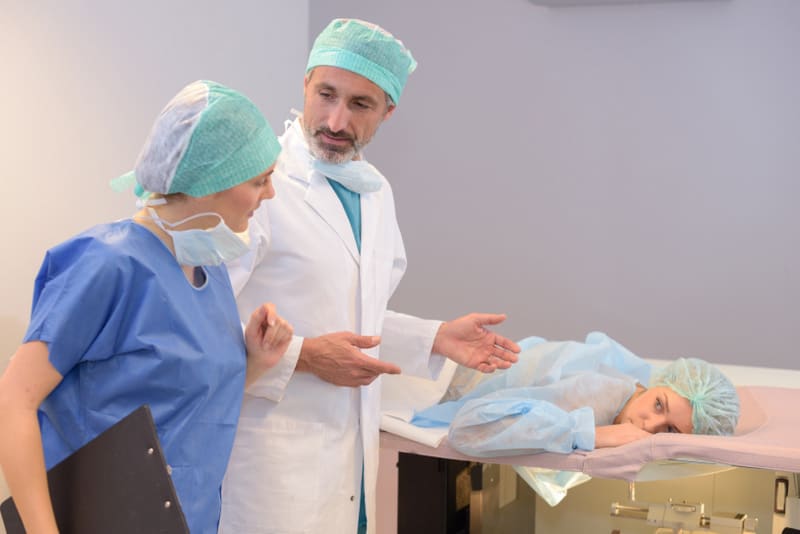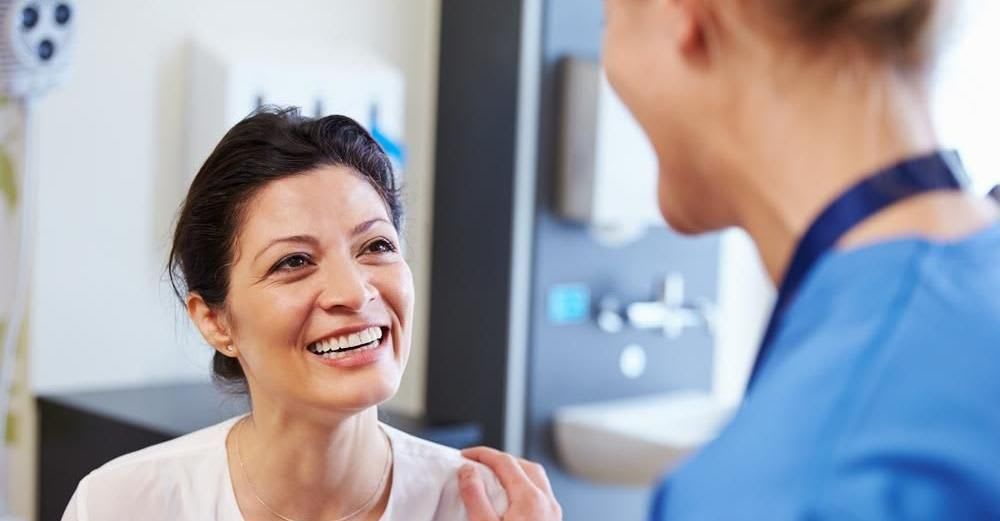The Benefits of Having a Mentor in Med School
Want hands-on one-on-one training by someone who cares about you and your success in medical school? Find a mentor. Not only is it a good idea for medical students to have a mentor, it’s a necessity. Why? Medical school is hard. Let’s take a closer look at the benefits of having a mentor in medical school.
- Student Tips

Medical students need mentors. Why? Medical school is hard—and no one is a doctor—or a med student—in a vacuum. As a med student, and later as a physician, you’ll want someone with whom you can talk and ask questions. Why? Medicine requires practice—and practice requires collaboration and understanding.
So: why do medical students need mentors? It’s more than having an empathetic ear to listen to you. It’s about strengthening relationships—and one of the qualities of being an excellent physician? Having strong relationships—with your bosses, your colleagues, and most importantly, your patients.
Let’s take a closer look at five benefits of having a mentor in med school.

1. Strengthen your relationships from undergraduate studies.
Remember that mentor who helped you figure things out? When you were a pre-med student who needed direction on classes, grades, the MCAT, and shadowing opportunities? When you needed someone whom you could ask and still feel confident about your decisions?
Your decision to find a mentor and develop a relationship with that person during your undergraduate years could benefit you now.
Unsure who to ask in med school? Contact your undergraduate mentor and ask for help. Don’t be afraid—if your relationship with your mentor is strong, then you’ll feel confident asking for help now. Try it.
2. Overcome challenges.
Just as your undergraduate mentor can help you find a mentor in med school, or even become your med school mentor, your med school mentor will continue to help you overcome the challenges associated with med school and becoming a doctor.
Find a mentor that understands what you’re trying to do. If you’re unsure which direction you want to take, find someone with whom you feel comfortable and can freely talk.
A good mentor will be one who readily answers your questions—and one who shares stories about experiences from which they have learned. The goal? For you to learn from their mistakes.
Find that person—find that friend—and be willing to learn. You’ll overcome most challenges you’ll encounter in medical school—and maybe even life.

3. Shape your career path.
A great mentor can and should make an impact on your career path. Why? He or she should be able to help you figure out what you like, what you’re good at, and what you should do. How? They have real-life field experience. You don’t.
Consider Rafid Rahman, founder of MedSpeak, a blog whose goal is to “demystify the mystery” behind medical school and becoming a doctor. He has real-life field experience as a medical student—and wants to share it with medical students around the world through articles and YouTube interviews with students and doctors.
Want to hear first-hand what it’s like to be in med school and be a physician? Get yourself a mentor—and check out Rahman’s website.
4. Evolution.
Mentoring has evolved. Gone are the formal mentoring relationships of the 20th century. You don’t need to be a standout and have a prestigious doctor take you under their wing. You can just find someone who is willing to talk with you and listen to you.
Mentoring is less formal now—and evidence suggests that it’s for the better. Those med students with mentors more easily make informed career decisions, are more productive, and experience burn-out less.
Start online, with resources like Rahman’s MedSpeak, and seek out personal, one-on-one relationships with a person whom you trust—and who returns your trust.

5. Benefits for the mentor, too.
As good as it is to have a mentor, it’s just as good for the mentor to have a mentee. Think about the purpose of physicians—to help people, physically, emotionally and mentally. Guess what? Mentors do the same thing—and they enjoy doing it.
As helpful as it is for students to hear about faculty experiences in the field, it’s helpful for faculty to share their field experiences and develop close relationships with their students. Why? It improves their practice and makes them more empathetic—it makes them better practitioners.
It’s win-win for mentor and mentee.
Convinced you should find a mentor? Good. Start with those folks in undergrad who helped you out. Check out Rahman’s blog. Most important? Put yourself out there as a willing learner. You’ll find much more than you bargained for—in a really good way.
Learn more about studying medicine.
Read related articles

What You Should Know If You Want To Practice Medicine Abroad

Five Countries to Choose for Nursing Degrees
